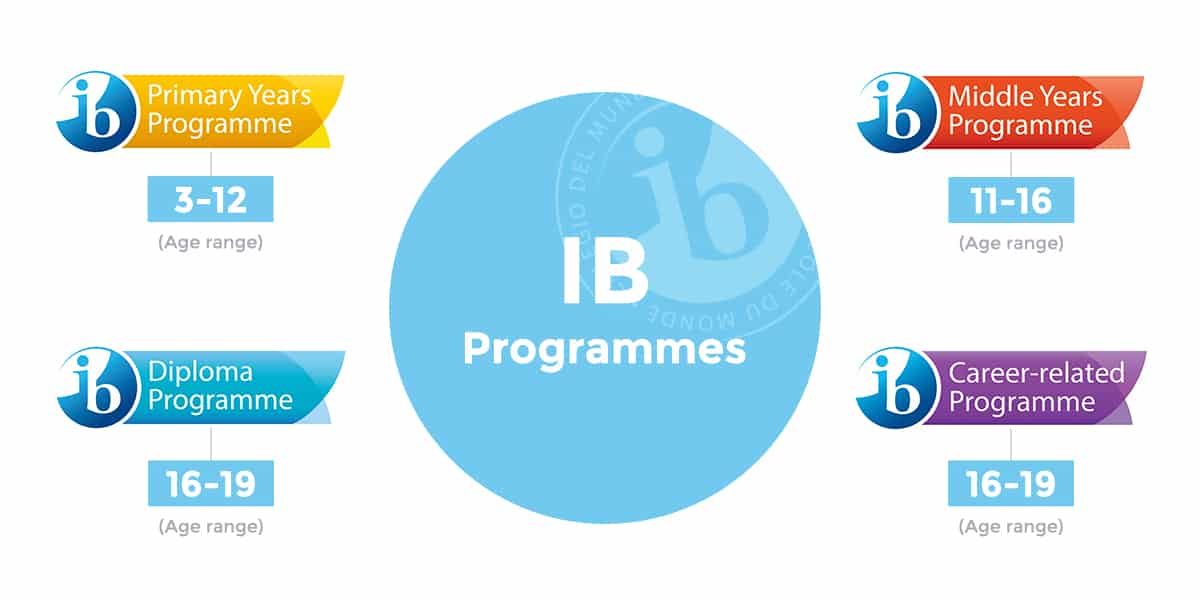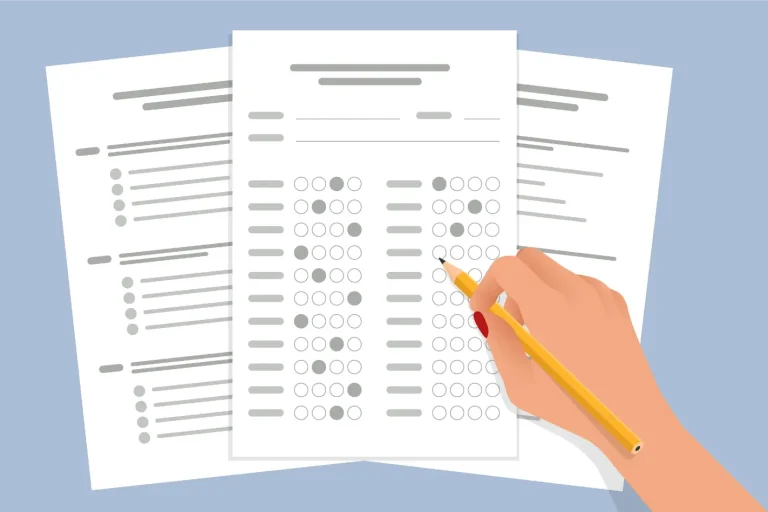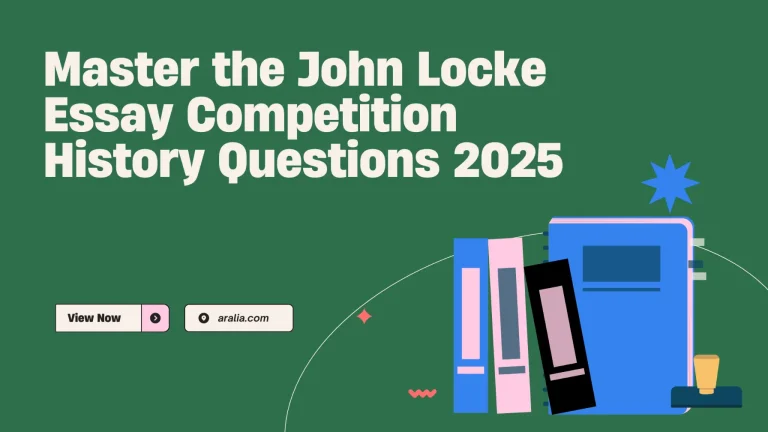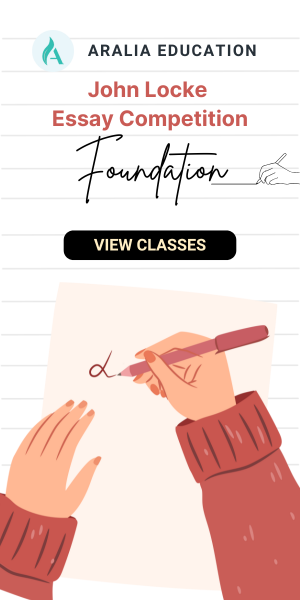International Baccalaureate Diploma Program is a two-year rigorous program (junior year and senior year) for high school students from 16-19 years of age. This program will develop students into experts with excellent breadth and depth of knowledge. Upon completion of the program, students will receive a globally recognized diploma that will benefit them in the application process into global universities.
1. What is International Baccalaureate?
International Baccalaureate (IB) is a program for students from ages 3 to 19 that challenges them to excel and achieve in both their academic and personal lives. IB has four main educational programs:
- Primary Years: for students from age 3-12
- Middle Years: for students from age 11-16
- Diploma Programs (DP): for students from age 16-19
- Career-related programs (CP): designed for students from age 16-19
In this article, we will mainly discuss the Diploma Programs, because the IB Diploma Program is commonly offered throughout different secondary schools in America that offer international education. The difference between DP and CP lies in the focus on career development. CP students are required to take a minimum of 2 DP courses out of 6 subjects, on top of the core CP curriculum and an approved career-related study. The combination of the two encourages and prepares students for higher education, an internship/externship, or an apprenticeship.
The American curriculum and IB Diploma Program have some similarities, as the American curriculum requires students to satisfy certain years of student in English, Mathematics, World Language, Natural & Physical Sciences, Social Studies, and Art. For IB DP, students are required to take courses in 6 subjects within the curriculum:
- Studies in Language and Literature
- Language Acquisition
- Individuals and Societies
- Sciences
- Mathematics
- The Arts
To earn an IB Diploma, you have to attend an IB-approved school, take courses in all 6 subjects, pass the respective exams, and complete additional core requirements. Please note some IB schools allow you to take IB classes without the pressure of pursuing the two-year IB program.
The arts subject is optional for IB students; however, despite not being a compulsory subject, students may opt to study additional science, individuals and societies, or foreign language course in substitution for a course in the arts.
Each subject has two levels: Higher Level (HL) and Standard Level (SL). The differences between two levels are in the breadth and depth of topics covered. Each student is recommended to take at least three (but not more than four) subjects at higher levels.
2. What schools offer IB classes and IB Programs?
According to the International Baccalaureate Organization, 960 high schools in the US are offering the IB DP Program, while 136 schools in the US offer the IB CP Program. There are IB schools that offer both DP and CP, so don’t forget to double-check the schools if you decide to attend an IB-approved school and choose your IB courses. You can certainly take IB classes online for credit; however, you can’t get your IB Diploma completely online.
There are international schools offering IB programs across the globe. Universities worldwide recognize the strength of our Diploma Programme (DP).
For students who are interested in pursuing an IB Diploma Program, Carrollton High School released a sample schedule showing IB courses offered over the course of 5 years. There are many pathways to and through the IB Program, please check with your school counselor or advisor to discuss your ideal path and the IB program requirements. Below is the sample IB courses for students’ and parents’ reference.
Language Arts Pathways
| 8th Grade | 9th Grade | 10th Grade | 11th Grade | 12th Grade |
|---|---|---|---|---|
| Honors 8th Grade Lit | Pre-AP 9th Grade Lit | AP Lang/American Literature | IB World Lit. HL I | IB World Lit. HL II |
Maths Pathways
| 8th Grade | 9th Grade | 10th Grade | 11th Grade | 12th Grade |
|---|---|---|---|---|
| Honors 8th Grade Math | Honors Algebra I | Honors Geometry | H. Algebra II AND H. Pre-calculus | IB Maths SL (Analysis or Applications) |
| Honors Geometry AND Honors Algebra II | Honors Pre-Calculus | |||
| H. Algebra I AND H. Geometry | Honors Algebra II | |||
| Honors Algebra I | Honors Geometry | |||
| Honors Geometry & Honors Algebra II | Honors Pre-Calculus | AP Statistics | ||
| AP Calculus AB/BC |
Science Pathways
| 8th Grade | 9th Grade | 10th Grade | 11th Grade | 12th Grade |
|---|---|---|---|---|
| 8th Grade Science | Pre-AP Biology | Pre-AP Physical Science | IB Biology SL | IB Bio HL |
| Pre-AP Physical Science | Pre-AP Chemistry | |||
| Honors Physical Science | Pre-AP Biology | Other Science | ||
| Pre-AP Chemistry | AP Chemistry |
Social Studies Pathways
| 8th Grade | 9th Grade | 10th Grade | 11th Grade | 12th Grade |
|---|---|---|---|---|
| State Studies | AP World History / Honors World History | AP Gov. AND AP US History | IB Econ I | IB Econ II |
| Honors World History | AP Gov./ Honors Gov. | AP US History |
Modern Languages Pathways
| 8th Grade | 9th Grade | 10th Grade | 11th Grade | 12th Grade |
|---|---|---|---|---|
| Spanish I | Spanish II | Spanish III | Spanish IV | IB Spanish SL |
| IB Spanish SL | IB Spanish HL | |||
| Spanish I | Spanish II | Spanish III | IB Spanish SL | |
| IB Spanish Ab Initio | IB Spanish Ab Initio |
Electives
| 8th Grade | 9th Grade | 10th Grade | 11th Grade | 12th Grade |
|---|---|---|---|---|
| Chosen Electives | PE / Health AND Chosen Electives | Chosen Electives | IB TOK I | IB TOK II |
| Chosen Elective | IB Anthropology SL IB 20th C. Topics | |||
| Art I | Art II | IB Art SL 1 | IB Art SL 2 (?) | |
| Chorus | Music Theory | IB Music SL 1 | IB Music SL 2 (?) | |
| Band | Band | Band |
3. What is the testing system of the IB Program?
The IB Diploma Program’s testing system can confuse a lot of students, but don’t worry! We’ll break it down to you. If you want to take a look at some sample exams, you can access those publicly through this IB link.
IB uses both external and internal evaluation methods to calculate student performance. What that means is:
- External evaluation: The primary way of external evaluation is through examinations, since exams have high levels of objectivity and reliability. Essays, structured questions, data answer questions, and text answer questions are used in IB exams.
- The internal evaluation method refers to teacher evaluation, which is often used in most IB courses. Under internal evaluation, there are several criteria that a teacher should look for in grading a student:
- The oral work in the language.
- The fieldwork in geography.
- The laboratory works in the sciences.
- Investigations in mathematics.
- Artistic performances.
- Theory of Knowledge is assessed through an oral presentation and a 1,600-word essay
- The Extended Essay component is assessed through an independent, self-directed piece of research, finishing with a 4,000-word paper.
So where is the Creativity, activity, service (CAS) component considered?
Great question! The CAS component does not contribute to the points total but participation is a requirement for the award of the diploma. That means even though you won’t receive bonus points for CAS, you’re still required to complete the component for the Diploma Program.
Basically, this means you will have to complete exams in 6 subjects and also two core components. So, what’s the maximum score a student can receive?
The diploma shows each subject’s total scores, so the full score is (6 courses * 7 points/course + 3 additional points from TOK and EE) = 45 points.
Will studying the HL will give me a higher score compared to studying the SL?
No, IB awards the same number of points for HL and SL, but candidates who have high HL scores demonstrate a greater knowledge and deeper understanding of the subject, since HL is more challenging than SL.
How can I receive a bilingual diploma?
4. Do colleges recognize the International Baccalaureate Diploma?
“…I fell in love with the humanities while I was at George School. I joined a literary club. I got to do a creative writing class. I found a love for history and writing and art. My love of the arts made my college decision a little tougher because I wanted to find a balance between a computer science program and a humanities program. My IB credits have certainly helped make my current degree path easier; when you graduate with an IB Diploma, Berkley considers it twenty credits, so it was a sixth of the credits that I needed. An unexpected benefit of the IB Diploma was the bond that it created between me and other IB graduates. I can connect with people at my college in different ways because we both took Theory of Knowledge or because we took the same higher-level classes. Just thinking about the IB program makes me smile. I really do identify my education with the IB. I don’t think I could be the same type of student without it.”UC Berkeley is a top-ranking university in California area as well as in the United States. It transferred Eden’s IB credits to 20 credits at school, out of the total 120 credits required for college graduation. So, what does this tell us about the college’s perspective of the International Baccalaureate Diploma? Colleges encourage students to take IB and recognize it!
5. Benefits of IB Program
Colleges' Recognition
The International Baccalaureate Diploma Program differs from other programs because of its unique take on student’s education and achievement. The IB Diploma Program focuses on three core elements:
- Theory of Knowledge: in which students reflect on the nature of knowledge and on how we know what we claim to know.
- The extended essay, which is an independent, self-directed piece of research, finishing with a 4,000-word paper.
- Creativity, activity, service, in which students complete a project related to those three concepts.
This allows students to explore different aspects of their personalities and abilities, from writing to creativity to knowledge. There is research conducted by the International Baccalaureate Organization highlighting the outstanding performance of DP students, such as:
- DP students are better able than their peers to cope with demanding workloads, manage their time, and meet the expectations placed on them, according to one study
- Analysis of DP students in Canada, the UK, and the USA found that the DP’s extended essay improves students’ approach to learning in higher education
Specifically, in America, top-ranking American universities offer benefits for DP diplomas in terms of credit transfer. Taking the UC system for example, all nine UC schools offering undergraduate degrees reward a full IB diploma score of 30 or more with 30 quarter (20 semesters) units toward their UC degree. Students who take only select HL course exams with scores of 5, 6, or 7 will receive 8 quarter (5.3 semesters) units. For more information about college credit transfer, IB regularly releases an updated list of colleges.
Experience college-level work before going to college
Students who take college-level courses in high school show their confidence and ability to handle the college course load. Therefore, getting a taste of college before going to college is a valuable experience for students to get a head start and have a smooth transition into college. Taking IB classes and receiving great scores on the IB exams also shows a student’s ability to manage different areas of academic life, from time to workload. Furthermore, according to the IB Diploma Programme, graduates are more prepared to excel in studies, and are more likely to enroll in the highest-ranking schools around the world.
Colleges and universities around the world also recognize IB Diploma
6. What’s the difference between AP and IB programs?
| TYPE | AP | IB |
|---|---|---|
| Philosophy | College preparation | Education for a globalizing world |
| Goals, Outcomes | Earn college credit in high school | Earn a globally-recognized diploma |
| Curriculum | Less focus on writing, Coursework is the only requirement | Focused on writing and critical thinking. Second language requirement. Extracurricular requirement. Extended essay requirement. |
| Program Design | No set program, students can take any number of individual courses | Diploma program with set series of courses. Courses can be taken a la carte, but this will not result in a diploma |
| Exam Format | Mostly multiple choice with a few writing portions | Predominantly writing |
| Exam Cost | Less expensive. $98 per exam | More expensive. $123 per exam |
| Exam Eligibility | Open to anyone, including IB students, whether they’ve taken the corresponding AP course or not | Must be enrolled in IB to take exams |
| Online Availability | All courses available online | Select courses available online, students can't earn diploma completely online |
Source: Accredited Schools Online
Aralia Education is an online platform connecting students and teachers worldwide. We offer small group and 1-on-1 tutoring sessions in standard academic, AP, and IB courses. We’re currently opening up multiple AP and IB courses. Please refer to the course list and class schedule to learn more.
Our instructors are inspired teachers and professors who are committed to student success. They are recognized in their field or are currently teaching at top high schools and colleges/universities in the US.










